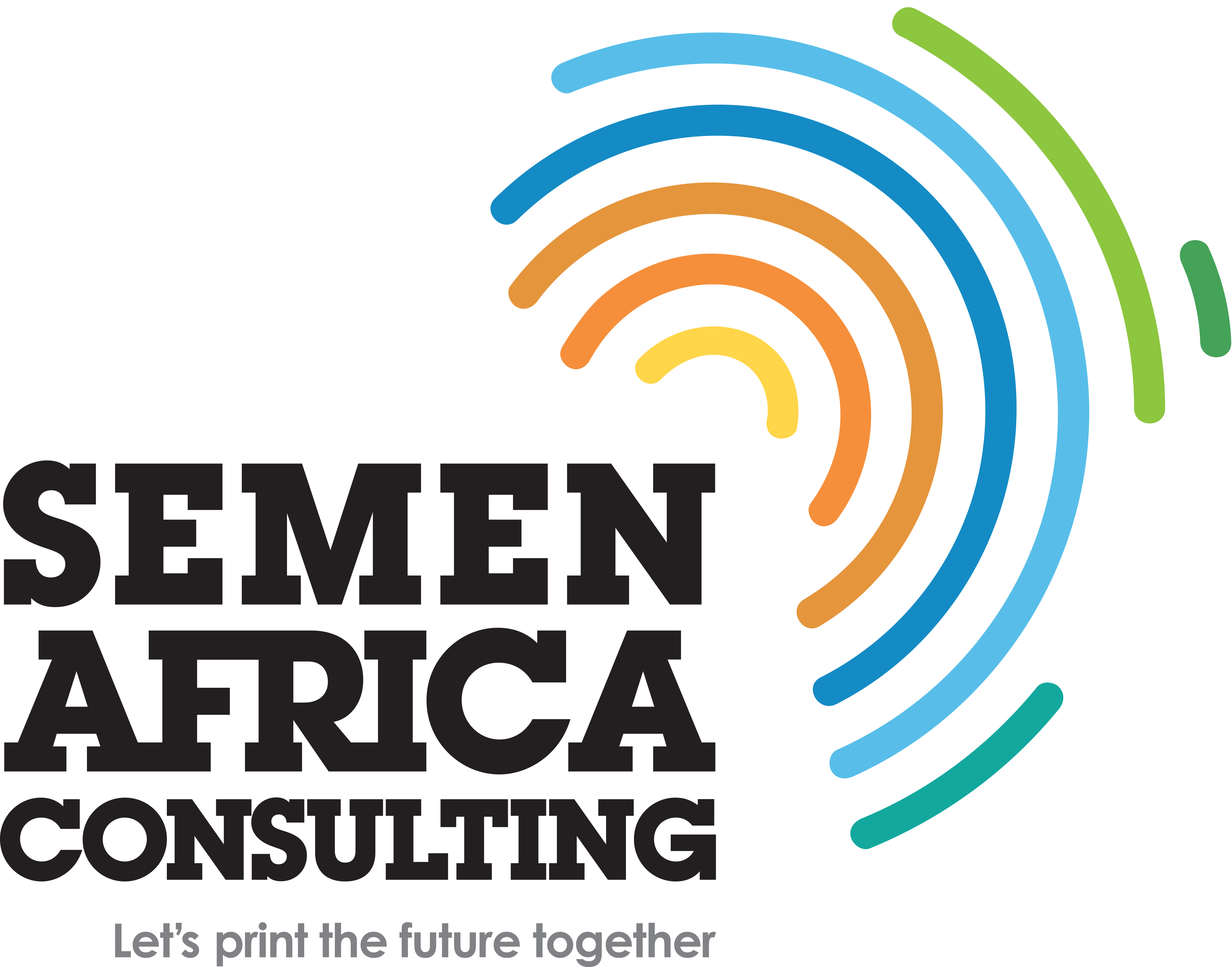Faced with the challenges of professional competence in the public administration and private sectors, African countries are taking account of the inefficiency of certain sub-regional training programmes. In response, they are turning to educational diplomacy to train their human resources in renowned Western institutions, recognising the limitations of national programmes on the international market, particularly in trade and inter-state negotiations.
African governments are currently emphasising educational cooperation in their bilateral relations with Western countries, adopting a policy of cultural openness and partnership for the development of specific skills.
In Burkina Faso, the Ministry of Education has developed educational projects in collaboration with the Russian Ministry of Education in Ouagadougou. The aim of this initiative is to introduce linguistic and cultural diversification into the country. Students from Burkina Faso will have the opportunity to study thanks to cooperation grants offered by Russia. In addition, the government of Burkina Faso can request specific training for its citizens as part of this cooperation.
In the Central African Republic, the teaching of Russian is now included in the modern languages curriculum of public schools. This measure is part of bilateral cooperation with Russia, which is sending qualified teachers to set up the language programme and educate Central African students.
In Mali, the Minister of Higher Education took advantage of the collaboration between Mali and Russia to update skills and know-how within Malian educational institutions. An educational strategy is needed to replace outdated ideas with new skills among students.
As part of the educational cooperation between Rwanda and the Gilde Louisenlund school, the Rwandan curriculum has been enriched by the addition of renewable energy. Pupils now study concepts relating to energy supply. Following an initial partnership with Germany, Rwandan students are learning about German techniques for producing renewable electricity.
An examination of the above-mentioned programmes reveals the role of educational diplomacy in improving professional skills on the African continent. This approach has facilitated the setting up of specific scientific collaborations, the establishment of cultural centres offering several languages, the availability of scholarships for students, the transfer of know-how to prevent the exodus of talent, the creation of teaching materials designed to meet local requirements, and the deployment of digital platforms dedicated to specialised training.



